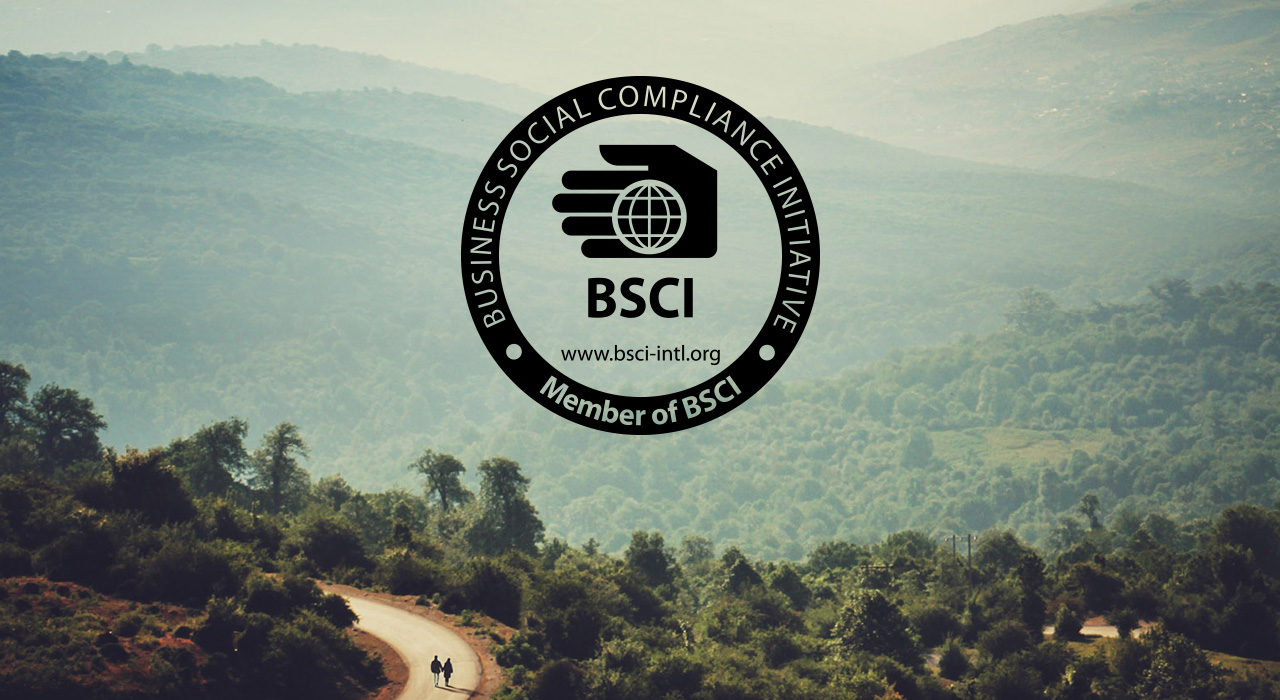This website uses cookies so that we can provide you with the best user experience possible. Cookie information is stored in your browser and performs functions such as recognising you when you return to our website and helping our team to understand which sections of the website you find most interesting and useful.
Ethics — Understanding that our business has an environmental but moreover, a social impact, we see it as our responsibility to care. Therefore, we commit ourselves to care about working conditions in the countries where our products are manufactured.
Omnibrand Holding found new ways to define and share responsibility by monitoring compliance and evaluating our relationships with suppliers, manufacturers and their corresponding governments.
Our engagement in Bangladesh: Far beyond the usual level
Bangladesh is an important production location for us. Over the past years we have been building up reliable, long-term business relationships with our on-site suppliers. Having such a close connection to this country and its garment industry, the Rana Plaza tragedy left us speechless and in the same time opened a discussion on how we could contribute to prevent disasters like this to ever happen again.
As a result, we initiated a 2-year project, funded by the German Ministry of Development to improve standards drastically. A focus was set on both implementing qualifications of suppliers as well as building educational structures within Bangladesh’s garment industry. Since the project kick-off in 2015, relevant topics such as improved management systems on social- and environmental standards, productivity and quality assurance have been introduced at four of our garment manufacturing factories – representing more than 10.000 employees. Additional to our in-house expertise we included further textile experts to conduct on-site assessments at the factories. All four nominated suppliers received an action plan with defined Key Performance Indicators (KPIs) for improvements in the five key areas of energy and water consumption, productivity, chemical management and health and safety. Great improvements have been achieved, for example one factory was able to reduce its total electricity usage about 58% while another factory increased their production efficiency by 22%. Regular skills-based trainings and workshops were conducted throughout the project duration. Selected factory staff was trained to assist in complying with health and safety requirements and the implementation of precautions in the event of fire, earthquakes or severe floodings. Employees working within the field of dyeing and finishing received intensive trainings on chemical management and resource efficiency.
Education is the key to success
We believe, to really make a lasting impact and produce transformative change, knowledge on sustainability must be accessible already within the education system. Therefore our project aimed to reach the industry and students likewise. In cooperation with the renowned Bangladesh University of Fashion & Technology (BUFT), educational structures were set up and are a mandatory course today in their M. Sc. Textile Engineering program. In order to realize a comprehensive classroom teaching program, university lecturers were specially trained and training materials and manuals were created. During the project duration more than 20 students got the chance to conduct a one-month internship at selected factories to gain hands-on experiences. Additionally several full-day visits at factories were organized for all participants of the education program for gaining practical experiences and insights. Receiving very positive feedback from participating suppliers and thank you letters from the students for this opportunity, made us more than happy and convinced us in being on the right path.
Sustainability
We constantly strive to improve our own environmental and social performance, to enhance the sustainability of supply chains and communities across our network. Consequently, we consistently assess our current state against our sustainability goals. This supports in setting aspirational targets against and /or take actions to meet those targets.
Sustainable Sourcing
Our approach to source sustainably is to work closely with our customers, suppliers and industry partners to determine best practices and standards. We also provide our customers with sustainable design, manufacturing, product and packaging options, to meet customer requests for sustainably-sourced materials and products with reduced environmental impact from well-managed factories.
Resource Management
The climate change physically and financially affects the sourcing and delivery of goods and services in our industry. By monitoring the use of resources, such as energy, water and raw materials, we are committed to using resources wisely and efficiently and reducing waste generation within our own operations.

Member of BCSI
Being a member of the Business Social Compliance Initiative, our responsibilities include to induce a positive systematic change for workers within our supply chain. Both, occupational safety and our environmental awareness are covered in our Code of Conduct. The objective is to set above-par workplace standards for workers in our supplier factories, while ensuring fair, safe and healthy working conditions. All of our factories are 100% BSCI-approved and undergo regular audits and checks to ensure safe and healthy working environments. BSCI drives improvements in labour conditions at producer level through three fundamental pillars: monitoring, empowering and engaging. BSCI participants unite through the initiative and commit to developing actions along each pillar in order to generate lasting improvements in their global supply chains. It sets out 11 core labour rights, which participants and their business partners commit to implementing within their supply chains in a step-by-step development approach.
